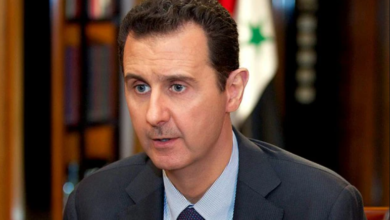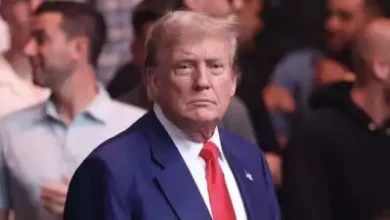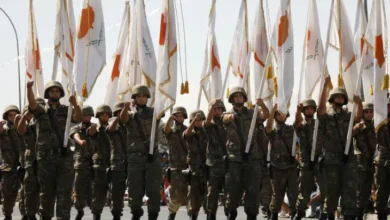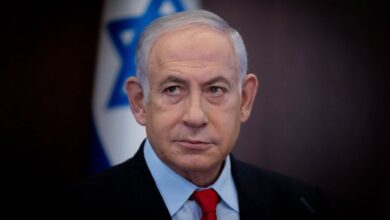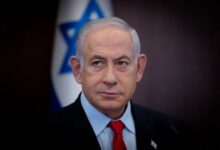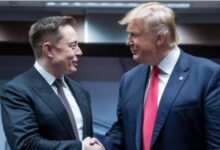South Korean President Yoon Suk Yeol Survives Impeachment Attempt After Legislative Walkout
Opposition's Impeachment Motion Fails as Ruling Party Abandons Parliamentary Chamber
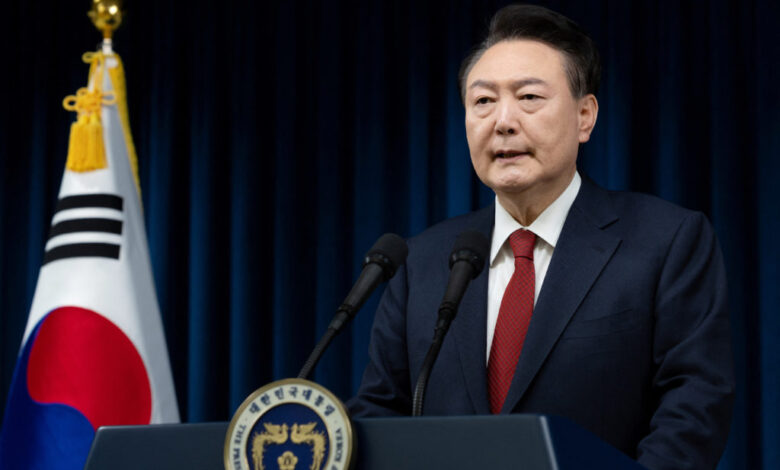
In a turn of events, the impeachment motion against South Korean President Yoon Suk Yeol collapsed on Saturday after members of his ruling People Power Party (PPP) staged a mass walkout from the legislative chamber, effectively preventing the vote from proceeding.
The opposition parties were close to success, needing only eight votes from the PPP to secure the two-thirds majority required to approve the impeachment. However, the strategic walkout by approximately 108 PPP members forced the proceedings to close due to insufficient participation.
The impeachment attempt followed Yeol’s controversial and shocking declaration of martial law, which he claimed was necessary to “thwart anti-state forces.” This unprecedented move saw troops in full battle gear, carrying assault rifles, attempting to take over the national assembly, creating a tense and unprecedented political crisis.
In a display of unity and resistance, lawmakers were forced to climb walls to access the assembly building. Once inside, they unanimously voted to lift the martial law order, with all 190 present lawmakers opposing the presidential decree.
Under immense public and political pressure, Yeol reversed his martial law declaration after just six hours, but the damage to his political credibility had already been done.
While the failed impeachment motion means Yeol will remain in office, his position remains precarious. Thousands of citizens continue to flood the streets in ongoing protests, and his approval ratings have plummeted to historic lows.
Despite surviving the impeachment attempt, Yeol faces an increasingly hostile political climate. His leadership is being questioned, with the PPP’s walkout seen by many as a calculated move to protect the party’s political interests rather than a genuine endorsement of the president’s actions.
As protests continue and political tensions remain high, President Yeol’s political future hangs in a delicate balance, with public trust eroding and his legitimacy increasingly challenged.

